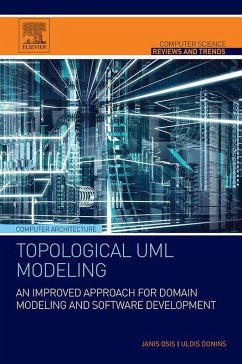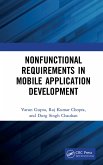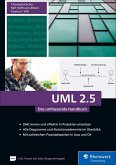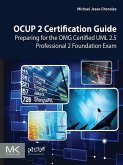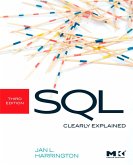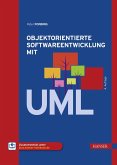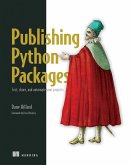While there are many tools and different techniques to create detailed specifications of the solution, the proper analysis of problem domain functioning is ignored or covered insufficiently.
The design of object-oriented software has been led for many years by the Unified Modeling Language (UML®), an approved industry standard modeling notation for visualizing, specifying, constructing, and documenting the artifacts of a software-intensive system, and this comprehensive book shines new light on the many advances in the field.
- Presents an approach to formally define, analyze, and verify functionality of existing processes and desired processes to track incomplete or incorrect functional requirements
- Describes the path from functional and nonfunctional requirements specification to software design with step-by-step creation and transformation of diagrams and models with very early capturing of security requirements for software systems.
- Defines all modeling constructs as extensions to UML®, thus creating a new UML® profile which can be implemented in existing UML® modeling tools and toolsets
Dieser Download kann aus rechtlichen Gründen nur mit Rechnungsadresse in A, B, BG, CY, CZ, D, DK, EW, E, FIN, F, GR, HR, H, IRL, I, LT, L, LR, M, NL, PL, P, R, S, SLO, SK ausgeliefert werden.

